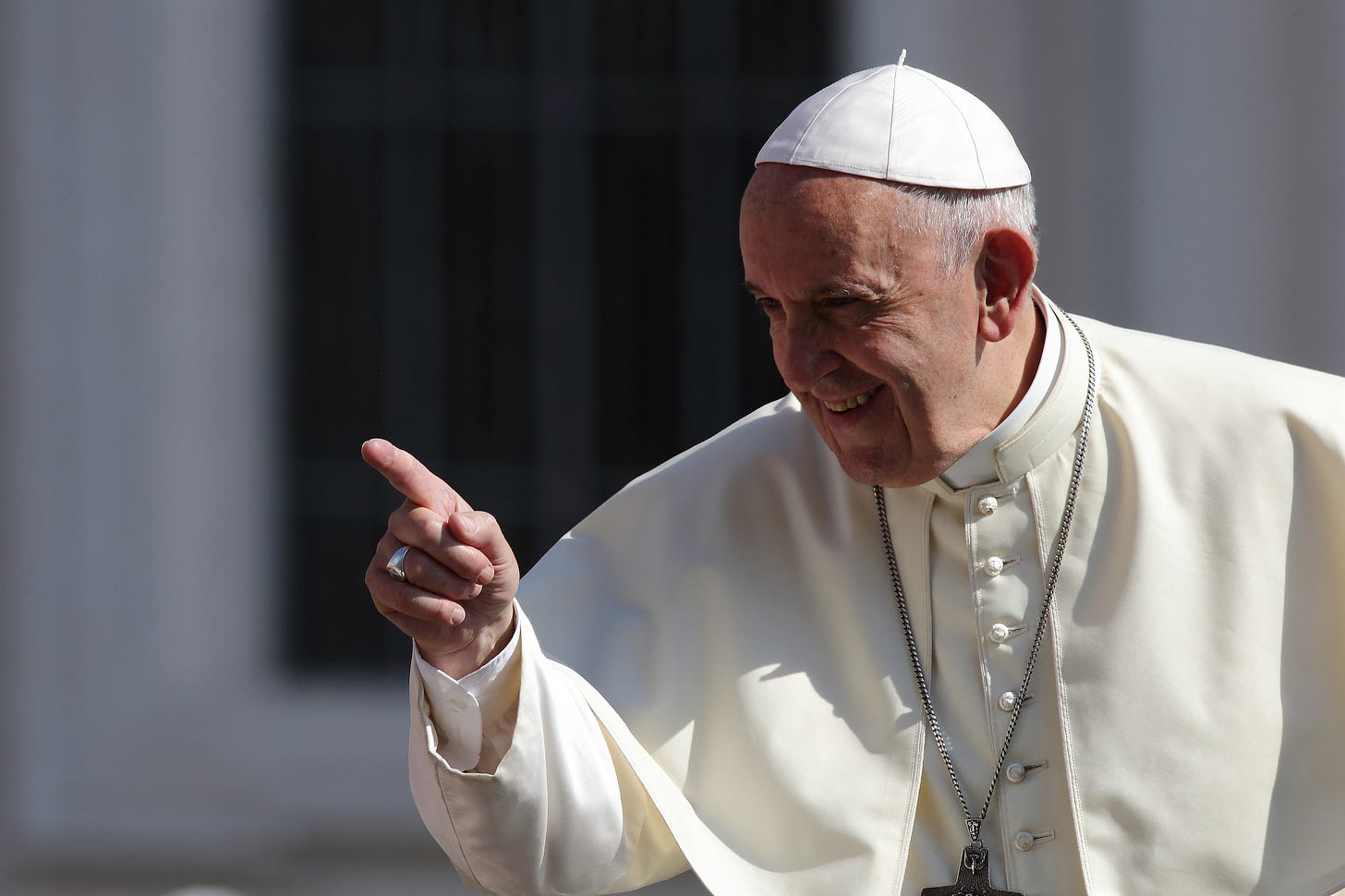Published by The Pillar
The Holy See announced on Wednesday that Pope Francis had “relieved” Bishop Daniel Fernández Torres of the “pastoral care of the Diocese of Arecibo” in Puerto Rico and appointed an apostolic administrator to assume governance of the diocese.
It was a highly unusual announcement — bishops tend to only ever leave office by resignation, or by death. The move seemed to come as a surprise to Torres, and has made headlines around the globe.
But it has also raised a question: Can a pope just “fire” a diocesan bishop?
The Pillar explains.

-
Save
“You’re fired!” — Ok, it isn’t quite that simple, but it’s close.
What happened?
The announcement did not specify the reasons for Torres’ removal; he is 57 years old and in good health. But in a statement published on the diocesan website, the bishop gave his version of events, and branded the pope’s action “totally unjust.”
“A successor of the apostles is now being replaced without even undertaking what would be a due canonical process to remove a parish priest,” Torres said in his March 9 statement.
“I want you to know that it is not for me to explain a decision that I cannot explain myself, even if I accept it with the patience of Christ for the good of the Church.”
“I have not been prosecuted, nor have I been formally accused of anything,” he said, “simply one day the apostolic delegate verbally communicated to me that Rome was asking me to resign,” he added.
The bishop said he was told that, while he had not committed any canonical offense, he, allegedly, “had not been obedient to the pope, nor had [he] had sufficient communion with [his] brother bishops of Puerto Rico.”
Torres said he had refused to offer his resignation. He said he was incredulous that he would be removed without any canonical cause or process.
For the whole article, click here.


